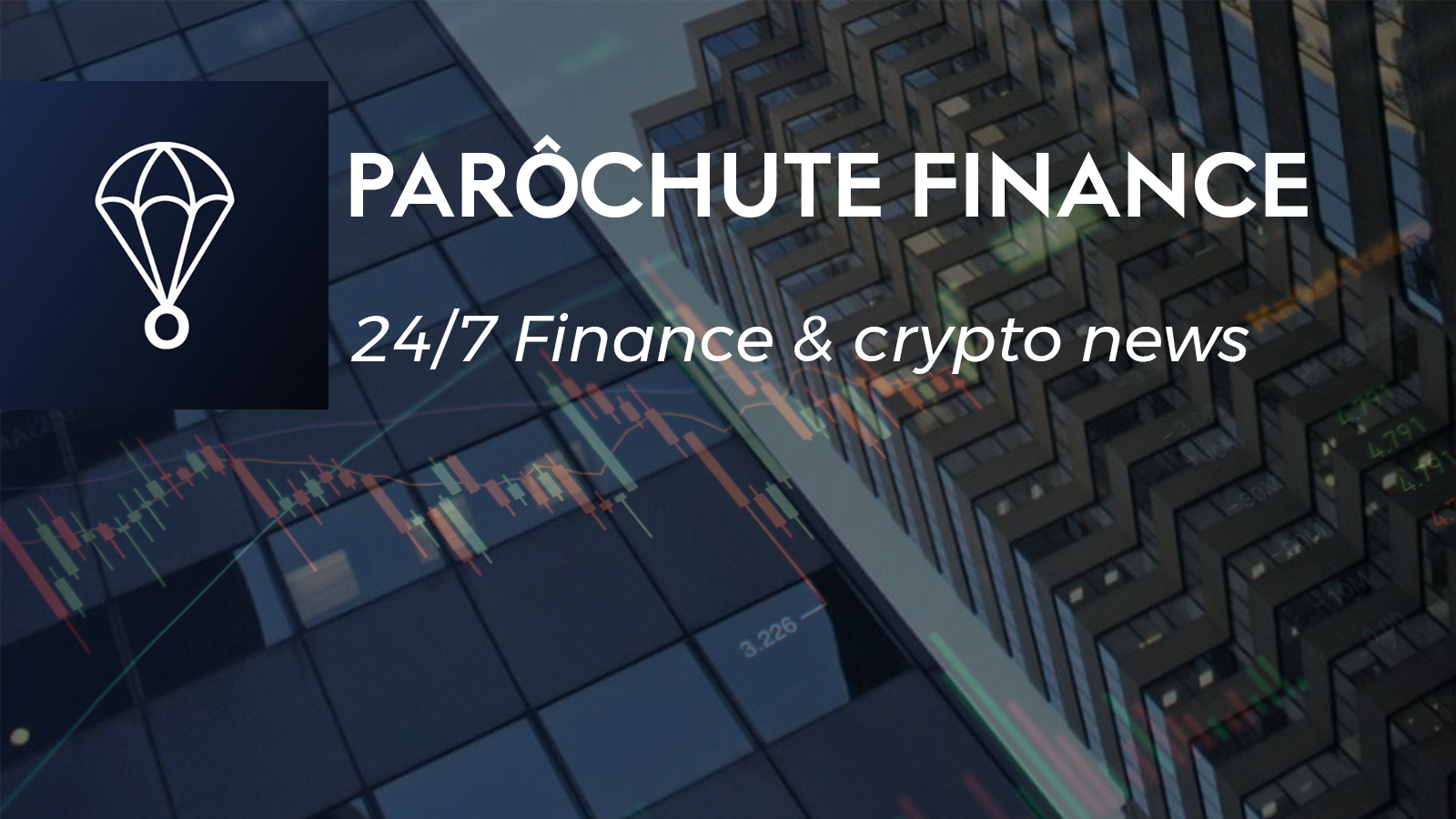In a forward-looking analysis, Dennis Porter, market expert, CEO, and co-founder of the Satoshi Action Fund, highlights a compelling partnership between Bitcoin and artificial intelligence (AI).
In a recent social media post, Porter argued that as these two technologies evolve, they will complement each other unprecedentedly, particularly in energy management and financial transactions.
How Bitcoin Can Boost AI Capacity And Profits
Porter explains that one of the most significant aspects of this potential collaboration is the energy interaction between BTC mining and AI operations. Porter reports that in the United States, miners are actively investing in electrical infrastructure, including data centers, substations, and transmission lines. While not all mining sites can be converted for AI use, around 20% are well-suited for conversion.
As Porter points out, the advantage of repurposing existing Bitcoin mining sites for AI operations is significant. These sites can be adapted much more quickly than building new data centers.
For example, Porter notes that miners can power AI graphics processing units (GPUs) in less than a year, compared to the typical 4-5 years required for greenfield AI developments.
As demand for AI services escalates, Bitcoin miners are reportedly positioned to leverage their existing power infrastructure. According to the expert’s analysis, by repurposing just 20% of their capacity, these miners could potentially add $14 billion in annual profits by 2027.
Moreover, AI workloads are inherently variable, necessitating substantial energy resources that can fluctuate dramatically. Bitcoin mining operations can manage this variability by dynamically adjusting their energy consumption.
Without the flexibility offered by Bitcoin miners, AI data centers could compel grid operators to rely on inefficient gas-powered peaker plants, which are both “carbon-intensive and costly.” Porter said the energy grid can maintain stability by partnering with Bitcoin miners while reducing reliance on less efficient energy sources.
The Future Of Finance?
Transitioning to the financial implications of this partnership, Porter claims that it is evident that AI applications and services will soon require a form of currency that operates independently of human intervention.
Traditional financial systems impose limitations such as the requirement for identification and addresses—conditions that AI cannot fulfill. However, Porter considers Bitcoin to be a solution to this dilemma.
As a decentralized, trustless currency, the market expert claims that it allows AI to engage in commerce without the constraints of traditional banking systems. This allegedly allows AI to conduct transactions globally, at increased speeds and frequencies, without human permission.
As AI-driven economic activity expands, Porter suggests that Bitcoin stands out as the currency of choice for autonomous AI agents. He further contends that its decentralized nature eliminates counterparty risks, enabling seamless transactions between AI applications and other entities—human or machine—across the globe. Porter concluded:
As AI continues to evolve and scale, Bitcoin will be the trusted, decentralized money that powers AI’s growth. Bitcoin and AI are poised to reshape our economy, push boundaries, and unlock unprecedented opportunities. The time to understand this partnership is now.
At the time of writing, BTC trades at $65,200, recording a surge of nearly 3% in the last 24 hours.
Featured image from DALL-E, chart from TradingView.com

